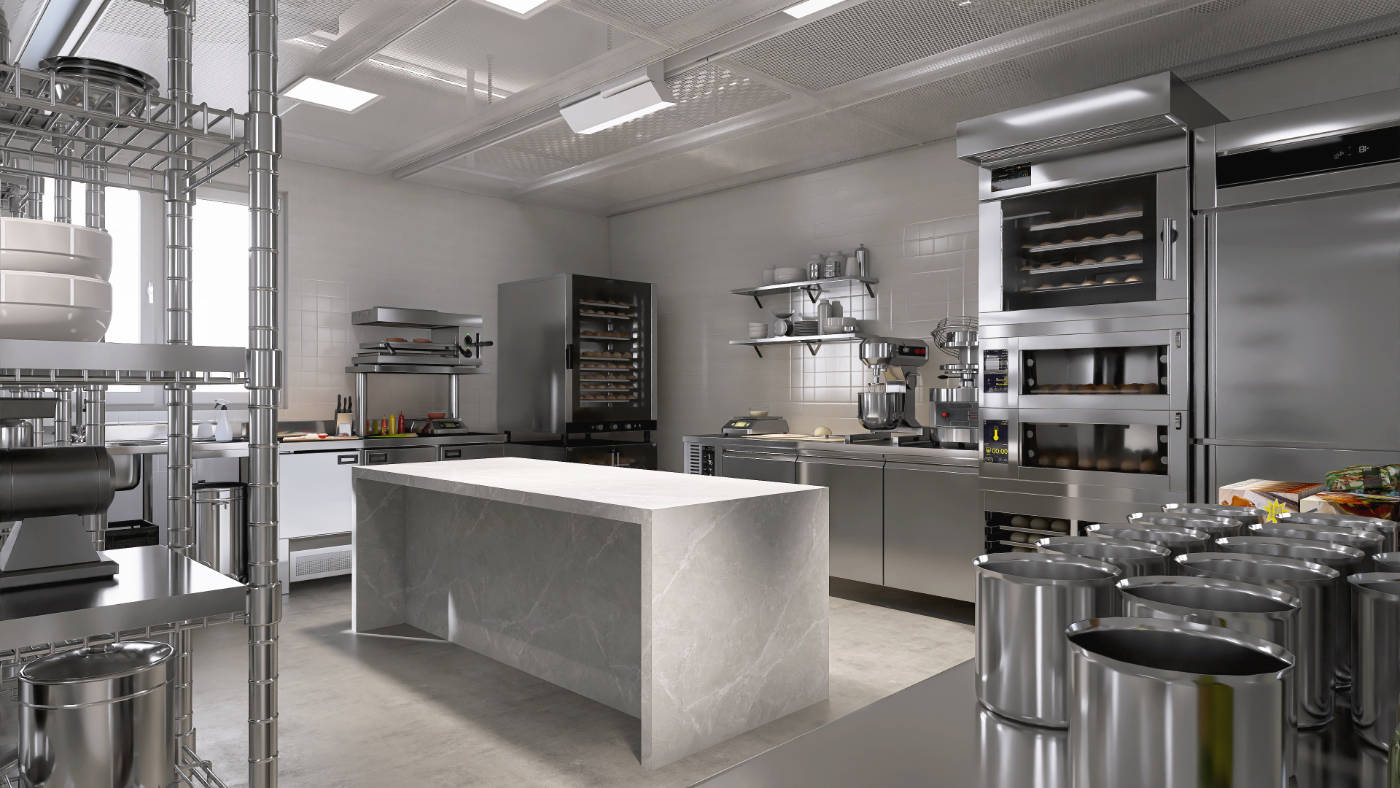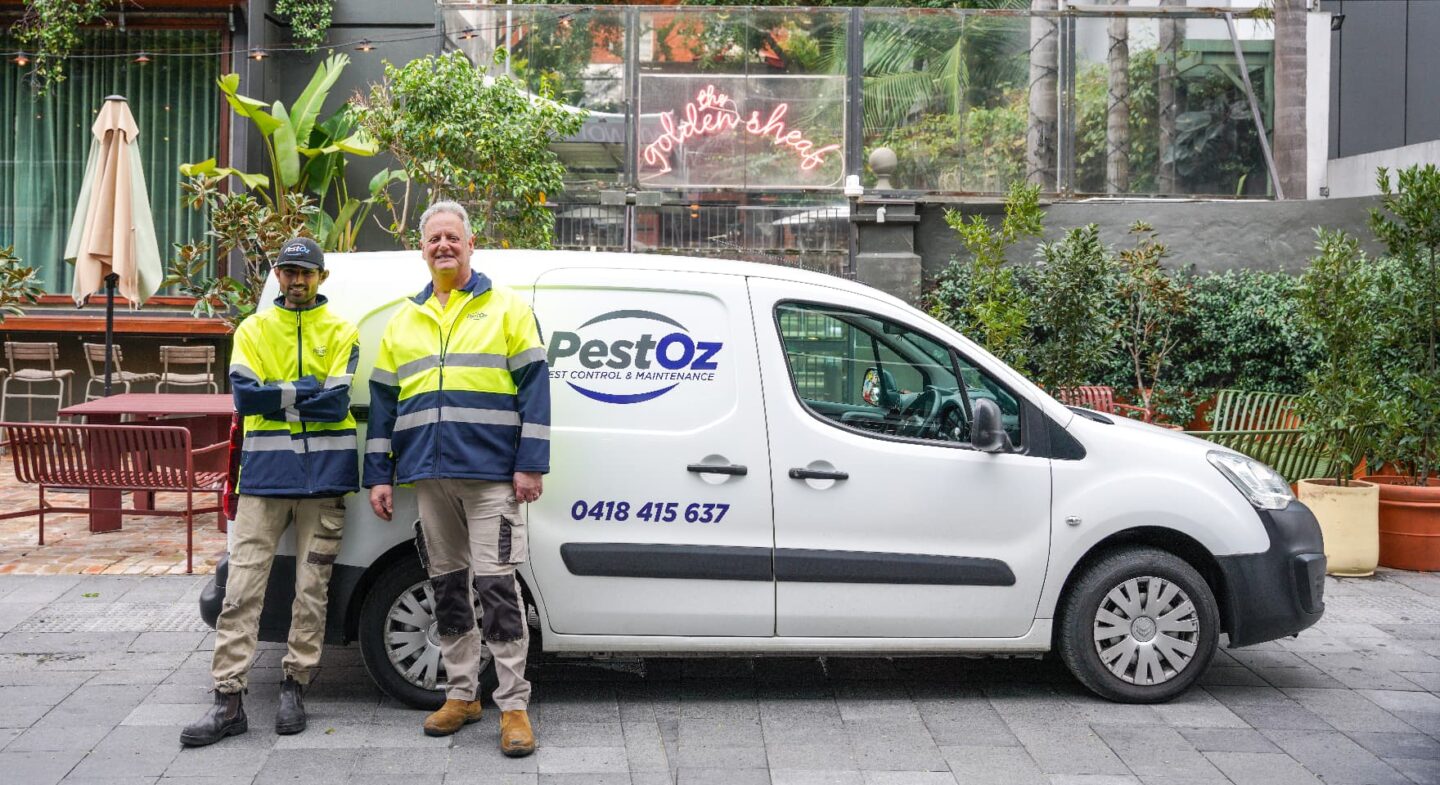Hospitality venues must abide by strict regulations when it comes to handling food. Keeping commercial kitchens clean is essential to preventing food contamination, but keeping track of everything you need to do can be tricky.
Follow our six steps for keeping commercial kitchens clean.
1. Use cleaning lists
Regular cleaning of your regular kitchen is essential for food safety. While some jobs should be done several times a day, others may only need to be performed weekly or monthly. Make cleaning checklists that clearly indicate what tasks need to be performed and how often. Have these laminated and hung around your kitchen so that they’re easily accessible to your team.
2. Sanitize regularly
Some surfaces, floors and kitchen equipment need more than just to be cleaned – they need to be sanitized. Sanitizing through specialized chemical agents or by using heat reduces bacteria, as well as inhibiting its growth and spread. Ensure you sanitize as often as necessary.
3. Store your food properly
It’s easy for food to go off if it isn’t stored properly. At the end of every service, make sure your food is safely wrapped and stored in air-tight containers. Make sure your food is stored off the ground and away from windows and doorways, so that you don’t attract an unwanted pests.
4. Don’t forget about your fridges
Lots of food needs to be chilled, so it’s important to make sure your refrigerator is set below the 5°C to prevent bacteria growth. Also, ensure that your commercial fridges are not over-flowing. There should always be enough room in the fridge for air to circulate so that the appliance functions properly. Regularly emptying and wiping down fridges is also important for keeping commercial kitchens clean.
5. Check ‘use-by’ dates
Even though most of us consider ‘use-by’ dates as guidelines in our everyday lives, it’s incredibly important to abide by them in a commercial context. At the end of every shift, check that all your open ingredients aren’t just stored properly, but that they’re still within their use-by date. When you’re doing your ordering every week, check that all your unopened inventory is also within its use-by period.
6. Have a strategy to tackle pests
Keeping commercial kitchens clean means keeping pests out of it. Having a regular commercial pest control schedule is important to protect your kitchen against pests and vermin, as well as lowering the overall risk of contamination. To help assess how often your venue requires pest control and which services best meet your needs, contact PestOz today.


